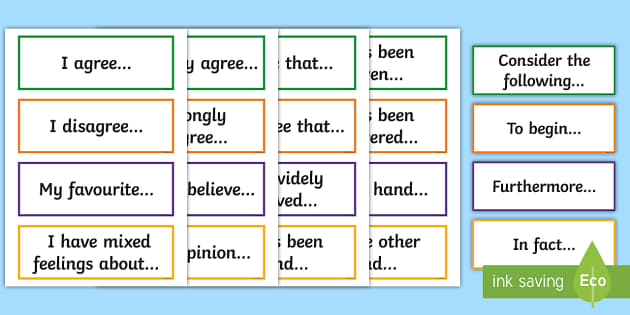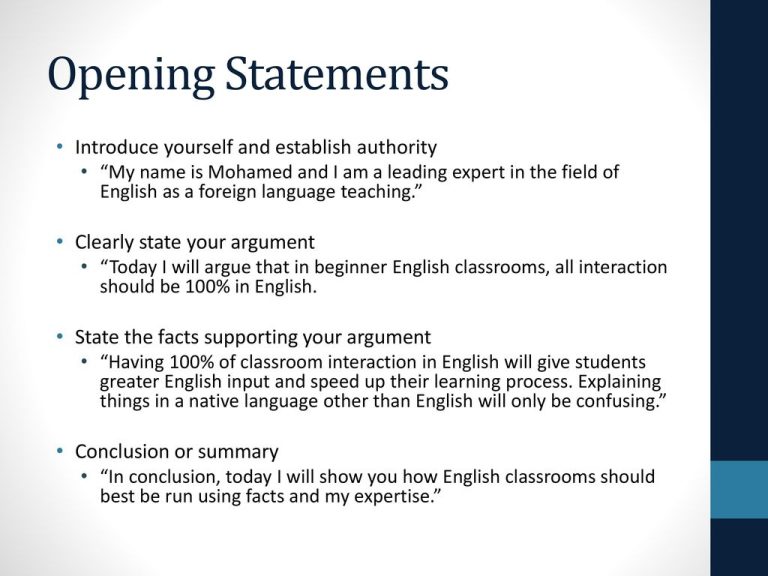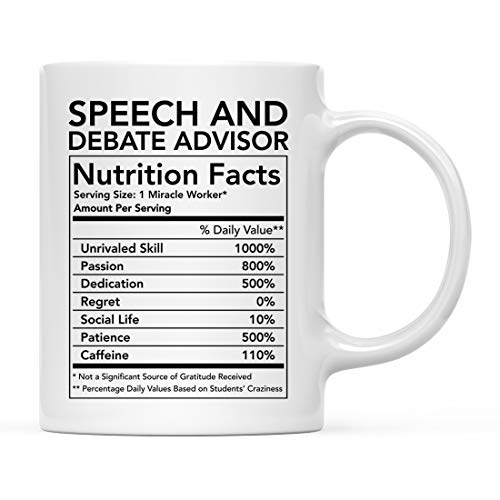What are Key Words in a Debate?: Mastering Persuasive Language
Key words in a debate are crucial for clear communication. They help structure arguments and make points memorable.
In a debate, key words act as signposts guiding the audience through your argument. They highlight important concepts and make your stance clear. Whether you are affirming or negating a topic, using the right key words can strengthen your position.
These words ensure your message is understood and retained by the audience. They can also help you stay focused and organized during the debate. Understanding and choosing the right key words can make a significant difference in how effectively you convey your arguments. Let’s explore the importance of key words in a debate and how to use them effectively.

Credit: valanglia.blogspot.com
Importance Of Key Words
Key words help you build strong arguments in a debate. They make your points clear. The audience understands you better. Using key words shows you know the topic well.
Good arguments need strong key words. They make your points stand out. This helps you win the debate. Key words also make your argument easy to remember. They give you an edge over others.
Key words catch the audience’s attention. They keep people interested. Clear key words make complex ideas simple. This helps the audience stay focused. They will follow your argument better.

Credit: www.researchgate.net
Types Of Persuasive Language
Emotive language aims to make the listener feel certain emotions. Words like “love,” “hate,” and “fear” can stir feelings. This type of language helps in connecting with the audience on a deeper level. It makes arguments more relatable and personal. Use it carefully to avoid exaggeration.
Rhetorical questions are questions that don’t need answers. They make the audience think deeply. An example is, “Do we really want this?” These questions engage listeners. They often highlight important points. Use them to emphasize your argument. Make sure they are clear and direct.
Strategies For Effective Debates
Evidence is key in any debate. Facts make arguments strong. Use trusted sources. Always double-check your facts. This builds credibility.
Present data clearly. Use statistics and examples. This makes your point convincing. Organize your evidence well. This helps the audience understand better.
Addressing counterarguments shows you are prepared. Listen to the other side. Understand their points. Then, respond with strong arguments.
Use evidence to refute their claims. Stay calm and respectful. This keeps the debate professional. Addressing counterarguments makes your position stronger.
Common Pitfalls To Avoid
Using too much jargon can confuse the audience. Simple words help everyone understand better. Jargon can make you sound smart but alienate your listeners. Use clear language to keep your message strong.
Not paying attention to the audience can lead to trouble. Watch their body language and facial expressions. Adjust your words if they seem confused or bored. Engaging with the audience makes your debate more effective.

Credit: www.researchgate.net
Frequently Asked Questions
What Are Key Words In A Debate?
Key words in a debate highlight main points. They help make arguments clear.
How Do Key Words Help In A Debate?
Key words help focus attention. They make your argument strong and easy to follow.
Can You Give Examples Of Key Words In A Debate?
Yes, examples include “significant,” “therefore,” “consequently,” and “evidence. ” They connect ideas clearly.
Conclusion
Key words play a crucial role in any debate. They guide the discussion. They help clarify points and arguments. Using the right words can make your stance stronger. They ensure your message is clear and understood. Practice identifying and using key words effectively.
This boosts your debating skills. Remember, concise and clear language wins debates. So, choose your words wisely. This makes your arguments more persuasive and compelling. Happy debating!





